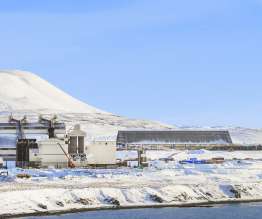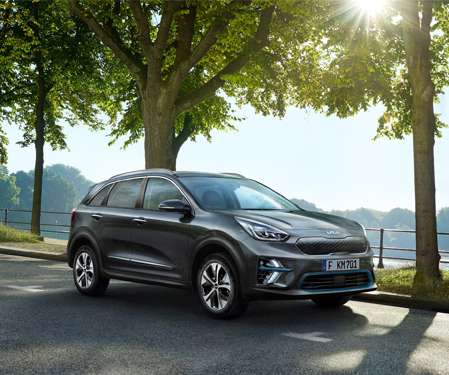PCC SE and Landsvirkjun to convert silicon metal plant CO2 emissions to methanol
Green Car Congress
APRIL 12, 2022
Landsvirkjun , The National Power Company of Iceland, and German investment company PCC SE have agreed to explore the possibility of capturing and utilizing carbon emissions from PCC’s silicon metal plant in northeast Iceland. in Iceland is operated with 100% green electricity. The silicon metal plant of PCC BakkiSilicon hf.












Let's personalize your content